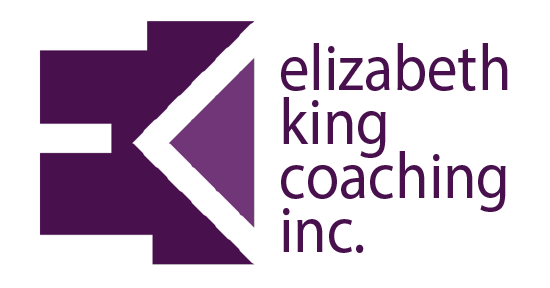The Free SAT and ACT Preparation You Aren't Doing
It doesn't cost much of anything. It doesn't require a tutor. You can do it bit by bit on your own time-- and it's not on the Khan Academy website. Its effect on ACT science and reading and SAT reading test scores is significant.
But you probably still aren't reading short informational articles or actively building your vocabulary.
"But they took the sentence completions off the SAT! There isn't any vocabulary on that test anymore! And everyone knows that they don't have vocab on the ACT."
Not so fast.
While there are no longer sentence completions on the new SAT, there is certainly vocabulary in the reading comprehension passages and questions themselves.
This list of words is from a single new SAT reading test:
verifiable, yearning, consummation, borne, indifferent, bearing, yielding, hostile, cache, cairns, enterprise, doctrine, volition, ephemeral, egotism, disdain, empirical, inevitable, albeit, inversion, affluent, recession, prevailing, fiscal, incur, prosperous, prominent, enclave, submerge, degradation, preserve (n), instrument (econometric, not musical), phenomena, static, deflated, obscure, continuum, inhibited, crude, genome, novelty, envision, consequential, tweak, pharmaceutical, sidle, escort, prone, lactate, apprehension, ambivalence, appreciation, yield, stem (v), secrete, abstract, inconstancy, versatile, obstinacy, prejudice, consecrate, corruption, due, reformation, subversion, pious, solicitude, rash, incantation, regenerate, paternal, subordinate, dissolution, reverence, subservient, gross (not as in "yucky" or 144), speculation, continent, asunder, band (not rubber and not The Beatles), civil, precede, precedent, vanity, presumption, insolent, tyranny, utmost, nonentity, brevity, prominence, rigidity, petty, deplete, inadequate, notion, plausible, resolve, perturb, haze, subsequent, persist, flanks, underscore
Similarly, while the ACT involves less difficult vocabulary,
This list of words is pulled from a single ACT reading test and its questions:
vain, scrutinize, gaudy, toiling, navigable, prominent, tirade, eloquent, orator, lick (not the tongue), relative to, electorate, perquisites, rascal, diligent, layman, tenet, bureaucrat, legitimacy, indifference, byproduct, insert, concede, circumscribed, emigration, dialect, entity, sovereign, melancholy, insinuate, glimpse, smother, tyranny, nostalgia, rudimentary, obscure, transcend, psychologize, disavow, shrill, glib, compatriot, affiliation, phantom, overt, quintessential, lumbering, murky, wallow, torrent, vindication, enshrine, paragon, solace, cohesiveness, obtuse, periphery, herbivorous, juvenile, interstices, criterion, wager, anatomical
Meanwhile, a current high school student's vocabulary probably isn't as strong as a student's might have been even ten or fifteen years ago.
Why isn't anyone's vocabulary very good anymore?
- Students read less and watch video more. It's a YouTube and Snapchat era. High school students aren't reading Popular Mechanics or literary magazines.
- Lack of vocab in schools meant that students opted to take the ACT over the SAT, which is why the SAT test makers "took it off" the new test in the first place (which, given the list above, they didn't exactly do). The SAT lost market share in the last ten years because high schools have simply stopped focusing on developing college level vocabularies in their students and students didn't want to do flash cards, so they took the ACT instead. The new test design hides the vocabulary so students will be less afraid of it, but it was removed because high school curricula cut it out in the first place.
What You Can Do About It:
- Subscribe to good magazines and read them. It's really important that you read articles about things you wouldn't normally read, so you might want to get a subscription to something that doesn't particularly interest you. I know that sounds terrible, but college involves a lot of reading you won't want to do, either. Better to get better at it now than struggle through it later. Get a subscription to Wired, Bon Appetit, The Economist, The New Yorker, Vanity Fair, or even Teen Vogue, which actually includes good writing amidst the hair tips and style ideas.
- Read for a half an hour every day. Get in the habit of paying attention and taking in information through the written word; you'll likely have to retrain your brain on this one. We send out a recommended article every few days if you'd like a reminder; you can subscribe to that mailing list for free here.
- Hunker down with vocabulary cards. There are plenty of free resources on the internet; of course I have resources coming soon, too. Remember that you aren't learning vocabulary so you can be successful on a test; you're learning vocabulary so you can be successful in college and on the test that will get you in.














